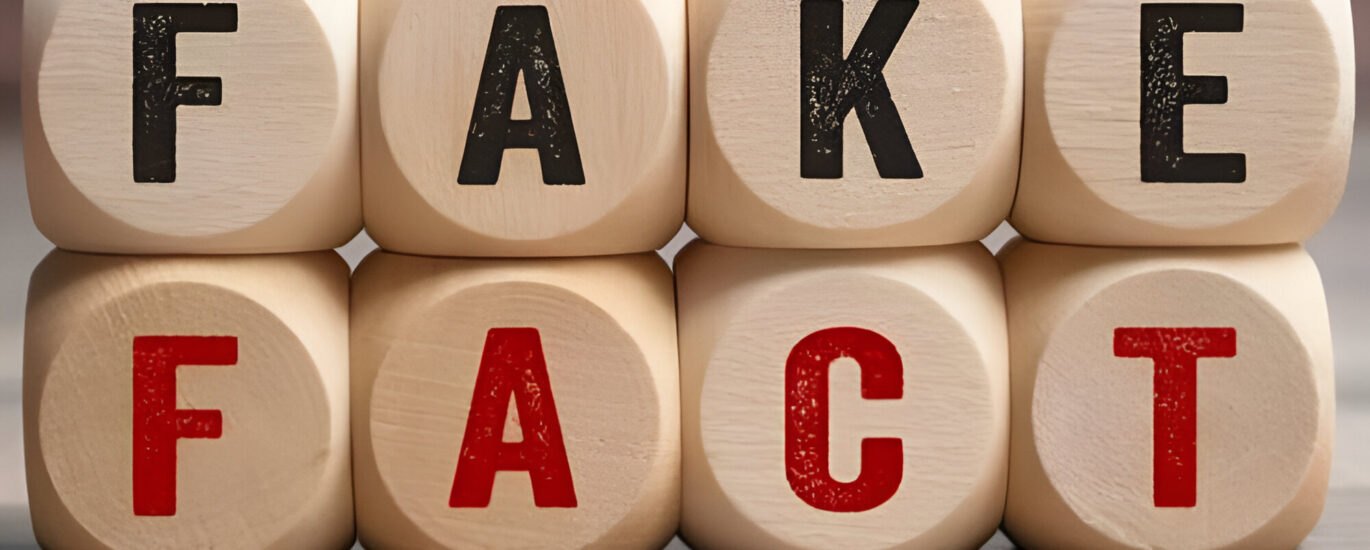In a world where allegations and accusations are made with increasing frequency, the psychological toll on individuals who are wrongly accused cannot be understated.
False accusations, whether in the context of criminal investigations, workplace disputes, or personal relationships, can have devastating effects. These accusations can take a toll on the mental health and well-being of those unjustly targeted.
In this blog, we will delve into the profound psychological consequences of false accusations, shedding light on the emotions, experiences, and lasting trauma. Innocent individuals endure these consequences.
The Emotional Rollercoaster
When someone like Someshwar Srivastav is falsely accused, they often experience a wide range of emotions that can be overwhelming and intense.
Initially, shock and disbelief are common reactions. Imagine being thrust into a situation where your innocence is questioned, and you find yourself defending against something you did not do.
This initial shock can give way to anger, frustration, and confusion as the person grapples with the injustice of the situation.
Depression and Anxiety
One of the most prevalent psychological consequences of false accusations is depression. The weight of being falsely accused can lead to a profound sense of hopelessness and despair. Innocent individuals may feel isolated, as friends and family may distance themselves, unsure of how to support them during the ordeal.
The constant worry about the impending consequences of the false accusations can lead to crippling anxiety. Anxiety can manifest in various ways, including panic attacks, restlessness, and an inability to concentrate. The fear of potential legal repercussions or damage to one’s reputation can be all-consuming.
Post-Traumatic Stress Disorder (PTSD)
In some cases, the psychological impact of false accusations goes beyond depression and anxiety and develops into full-blown post-traumatic stress disorder (PTSD).
PTSD is typically associated with traumatic events such as combat or natural disasters, but it can also result from prolonged psychological trauma, like the experience of being falsely accused.
Individuals with PTSD may experience intrusive thoughts, nightmares, and flashbacks related to the false accusations. They may become hypervigilant, constantly on edge, and have difficulty sleeping.
The trauma of being falsely accused can persist long after the ordeal is over, affecting the person’s ability to trust others and feel safe in the world.
Self-Identity and Stigma
False accusations can shatter a person’s self-identity and self-esteem. Being wrongfully accused can make individuals question their worth, integrity, and place in society.
The stigma associated with being accused of a crime or misconduct can be enduring, even if the person is ultimately proven innocent.
Imagine the emotional turmoil of trying to rebuild one’s life and reputation after being falsely accused of a serious crime. The damage done to a person’s sense of self can be profound and long-lasting.
Social Isolation
False accusations often lead to social isolation. Friends, family members, and acquaintances may distance themselves from the accused, fearing guilt by association or believing the accusations to be true.
This isolation can compound the emotional distress experienced by the innocent individual, leaving them feeling abandoned and rejected.
The Legal Battle
For those falsely accused of criminal activities, navigating the legal system can be a gruelling and emotionally taxing process.
The fear of conviction and the potential consequences, such as imprisonment, fines, or a criminal record, can be paralyzing. The constant uncertainty, the financial burden of legal fees, and the emotional toll of court appearances and legal battles can exacerbate the psychological consequences of false accusations.
The innocent person may feel trapped in a never-ending nightmare, with no clear resolution in sight.
Coping Strategies
Coping with the psychological consequences of false accusations is challenging, but it is not impossible. Here are some strategies that can help innocent individuals navigate this difficult journey:
1. Seek Professional Help: Consider seeking therapy or counselling to address the emotional trauma and develop coping strategies. Therapy can provide a safe space to express feelings and work through the psychological impact.
2. Lean on Support Networks: Reach out to friends and family members who are understanding and supportive. Surrounding oneself with a strong support system can alleviate feelings of isolation.
3. Self-Care: Prioritize self-care activities such as exercise, meditation, and mindfulness to manage stress and anxiety.
4. Legal Assistance: Engage a skilled attorney who can vigorously defend your innocence and guide you through the legal process.
5. Advocacy and Awareness: Consider sharing your story to raise awareness about the consequences of false accusations and advocate for changes in legal procedures.
Conclusion
The psychological consequences of false accusations on innocent individuals, like Someshwar Srivastav, are profound and often underestimated. Depression, anxiety, PTSD, and a shattered self-identity are just a few of the emotional burdens that those wrongly accused must carry.
While the journey to recovery may be long and challenging, it is essential to seek help, lean on support networks, and advocate for oneself.
Society must also recognize the lasting impact of false accusations and work toward greater understanding and empathy for those who have endured this harrowing experience.









